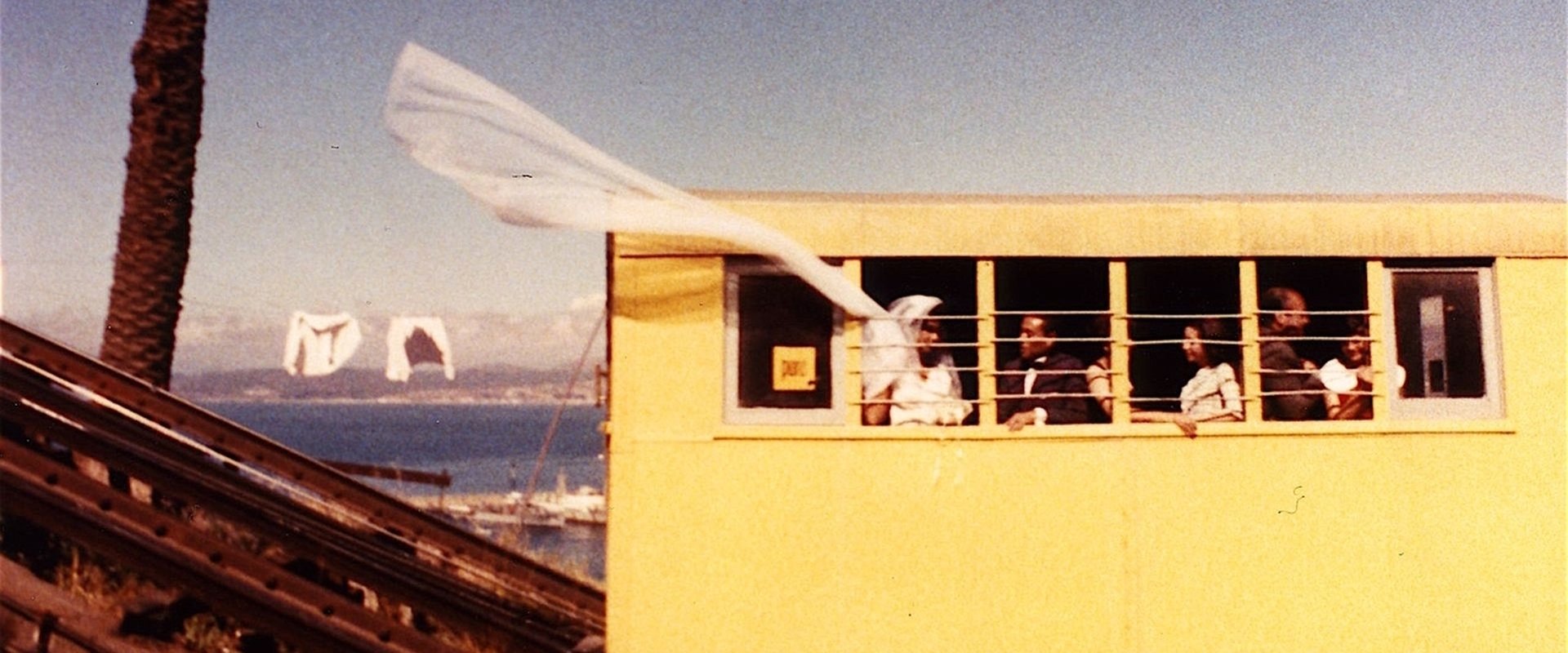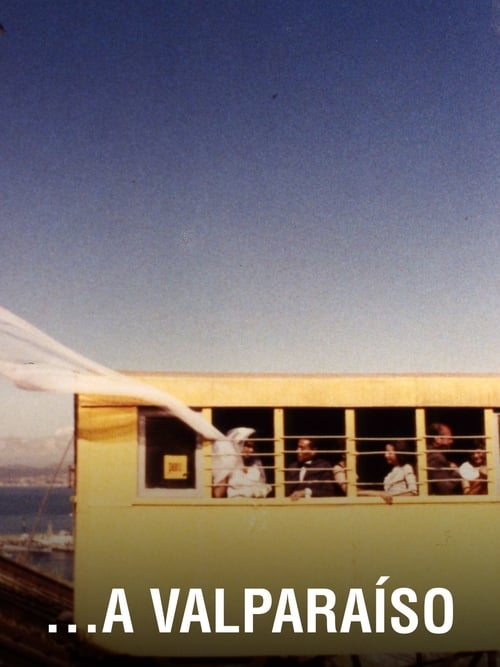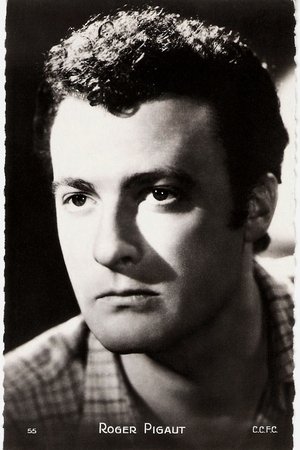Valparaiso (1964)
-
Release08/31/1964
-
ProductionArgos films, Cine Experimental de la Universidad de Chile, Universidad de Chile
-
Rotten tomato69%
-
Original title…A Valparaíso
-
Original languagefr
-
Production Cost
-
0.00-
Overview
In 1962 Joris Ivens was invited to Chile for teaching and filmmaking. Together with students he made …A Valparaíso, one of his most poetic films. Contrasting the prestigious history of the seaport with the present the film sketches a portrait of the city, built on 42 hills, with its wealth and poverty, its daily life on the streets, the stairs, the rack railways and in the bars. Although the port has lost its importance, the rich past is still present in the impoverished city. The film echoes this ambiguous situation in its dialectical poetic style, interweaving the daily life reality (of 1963) with the history of the city and changing from black and white to colour, finally leaving us with hopeful perspective for the children who are playing on the stairs and hills of this beautiful town.
-
Director
-
Editor
-
Philippe Lifchitz, Anatole Dauman
Producer
Currently available to stream, watch for free, rent, and buy in the United States. You can makes it easy to find out where you can legally watch your favorite movies & TV shows online.


